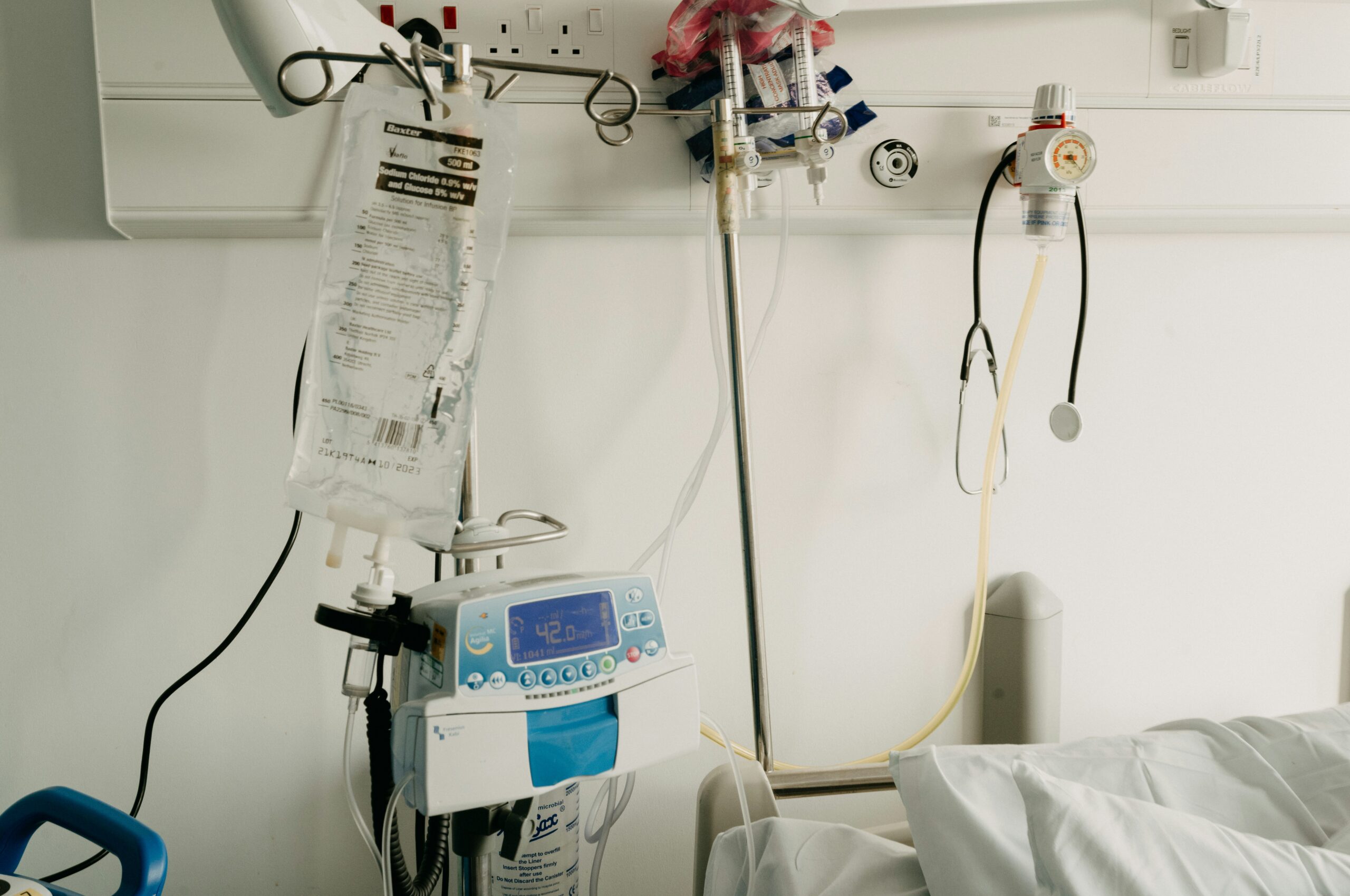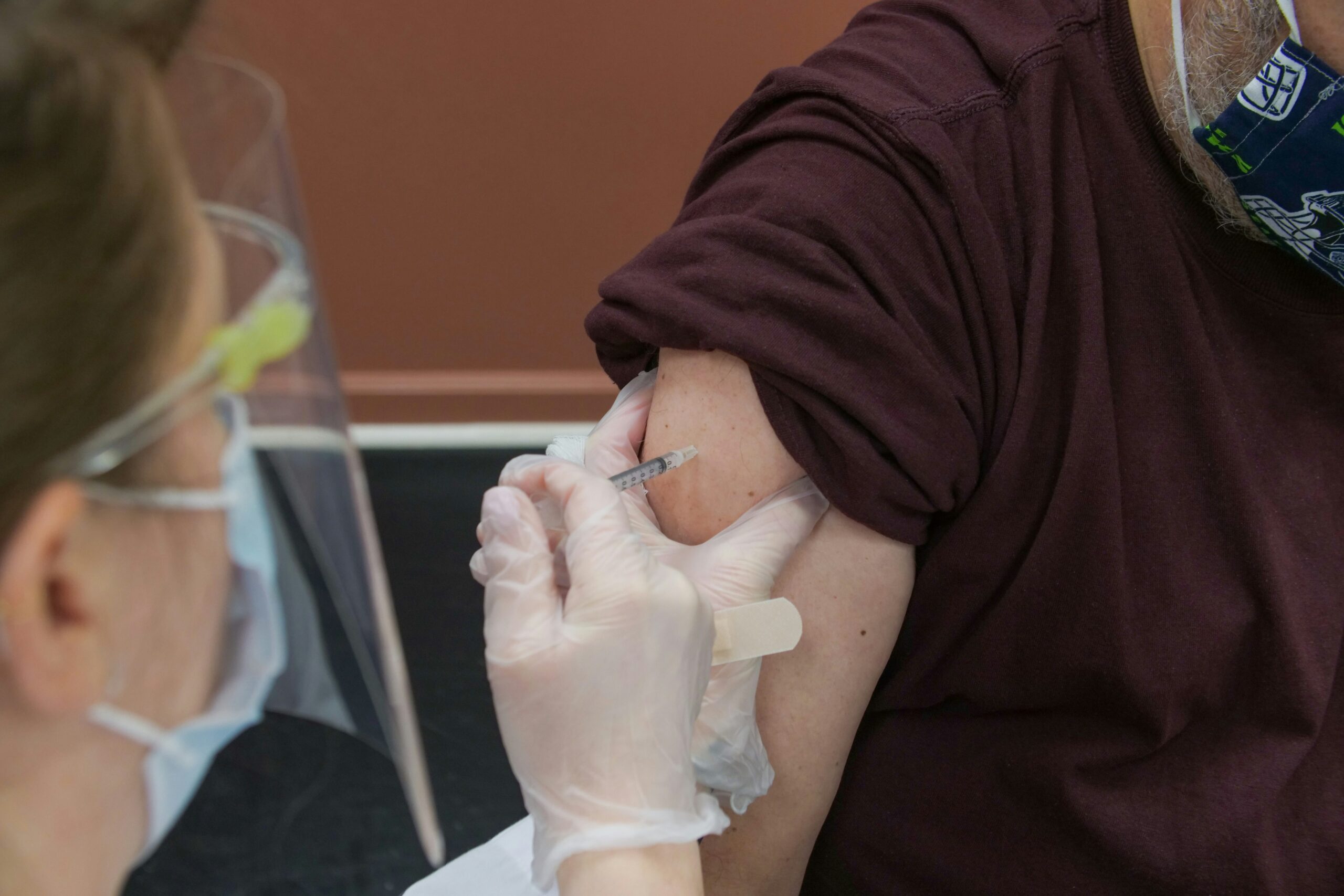When you’re raising teenagers, it can be difficult navigating the topics of substance abuse and peer pressure. For some parents, discussing these topics head-on seems like the best approach. They believe that having conversations will help inform their loved one and prevent addiction. Other parents tend to choose to not talk to their teens about drugs. They believe that avoiding the topic will help prevent children from wanting to use drugs. But does either approach make teens less likely to fall victim to prescription drug abuse? What should parents do when they believe their child is struggling with prescription drug addiction?
Ignorance or Denial About Substance Abuse?
Results of a study showed that 16 percent of parents think prescription drugs are safer than illegal ones. One in five parents said they had given their teen a prescription drug that didn’t have his or her name on the bottle. Most parents talk to their children about drugs. However, only 15 percent of them talk about everything they need to. Some are afraid to speak with their children at a young age, but 20 percent of teens weren’t even 14 years old when they used their first drug. The younger children are when they use drugs, the more likely they’ll be to struggle with addiction in later years. Some parents believe that their child would never touch a drug. You may hear, “He wouldn’t do that” or “I taught her better than that.” The parents may think that their child is too well-behaved to fall into the drug use trap.
The Facts About Prescription Drugs
Prescription drug abuse has increased by 33 percent since 2008. Also, prescription medicine is just as potent and addictive as illegal drugs. It has the same harmful effects as illicit drugs, too. There are more deaths from Xanax, OxyContin, and Vicodin than heroin and cocaine put together. Parents have their own way of raising children. But they need to know that teens are more likely to abuse prescription drugs if their parents show apathy toward the topic. When this occurs, addiction treatment programs will be necessary to help get them back on the right track.
Talking to Your Teen about Prescription Drug Abuse
To prevent prescription drug abuse in your loved one, consider taking the time to have the tough conversations. Answering questions and removing the mystery around drugs can help dissuade your loved one from experimenting. Here are some ways to have these conversations:
- Plan to have the conversation at a specific time and place. Block off time in your schedule to dedicate to talking with your teen uninterrupted, and choose a location that is calm and welcoming.
- Stay calm and open-minded when talking to your teen. Don’t appear upset or raise your voice when they ask difficult questions. This will help them feel more comfortable speaking with you about the topic and will help address any questions they may have on the topic.
- Use open-ended questions to help encourage conversation. Asking yes or no questions can be limiting and can discourage your loved one from asking their own questions.
- Provide facts and real-life examples to help your teen realize the dangers and seriousness of the topic. While you don’t want to scare them into submission, you do want them to understand the magnitude of drug abuse and addiction.
- Always come from a place of support and empathy when having these conversations. Your loved one will be more likely to ask questions and discuss these difficult topics with you when shown compassion.
Help For Prescription Drug Abuse at Lakeview Health
At Lakeview Health, we believe it’s essential to include the entire family in the conversation about prescription drug abuse. Our family therapy program provides the support, guidance, and mediation necessary to hold respectful yet effective conversations with those struggling with addiction. If your loved one is struggling with addiction, we also provide family support for addiction. Don’t let prescription drug abuse harm your family, contact Lakeview Health today at 866 704 7692 to find the help you need.




